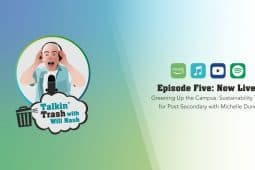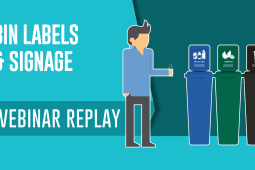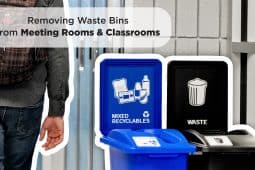New Bill Spells the End of Plastic Microbeads in the United States
By now you’ve probably heard of the havoc that plastics play in our oceans, lakes, and rivers as well as the risk it poses to wildlife and the environment. Plastic never fully biodegrades, becoming tiny, toxic absorbing micro-menaces, polluting our waters, our wildlife, and our food supply.
I’m pretty sure that plastic doesn’t do much for the pallet. Who wants to eat plastic riddled food anyway?
Recycling does help stem the flow of plastics into our waters, but unfortunately, for every plastic bottle that gets recycled, thousands of microscopic pieces of plastic end up getting washed down the drain every time we brush our teeth or take a shower using products containing these miniature menaces. Tiny beads that help exfoliate our skin and rid our teeth of food particles are starting to pile up in the waters around the world.
Ladies and gentlemen, we give you the Microbead (cue dramatic musical sting).
![]()
The Plastic Menace
A common ingredient in many of today’s beauty products and toothpaste, microbeads are a huge problem for bodies of water all over the world.
Due to their size, plastic microbeads pass unfiltered through water treatment plants making their way into rivers and lakes. The number of products that contain microplastics coupled with their mass consumption results in plastic particle water pollution.
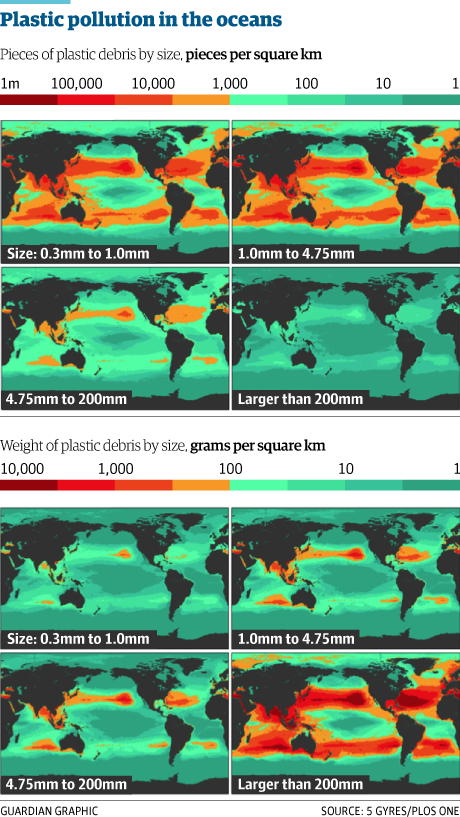
Photo Credit: The Guardian
Plastic microbeads have been found in the Great Lakes with unusually high concentrations in Lake Erie and data collected from scientists in the US, Australia, New Zealand, Chile, and France suggests that there are more than 5 trillion pieces of plastic floating in the world’s oceans, weighing a collecting 269,000 tons.
Since plastic never fully biodegrades the fact that we’re washing millions of these things down the drain annually, already at the microscopic level, is cause for concern. Chemicals and toxic pollutants also attach themselves to these tiny plastic particles which pose a problem when ingested by wildlife, eventually ending up on the plates of people all over the world.
The first article to conclude that the distribution of plastic microbeads in our waterways was becoming a problem was published in Science over a decade ago in 2004. Considering that one tube of exfoliating facewash can contain more than 350,000 microbeads, it’s no wonder our waters are becoming inundated with these pint-size plastic pests.
![]()
The End of Microbeads
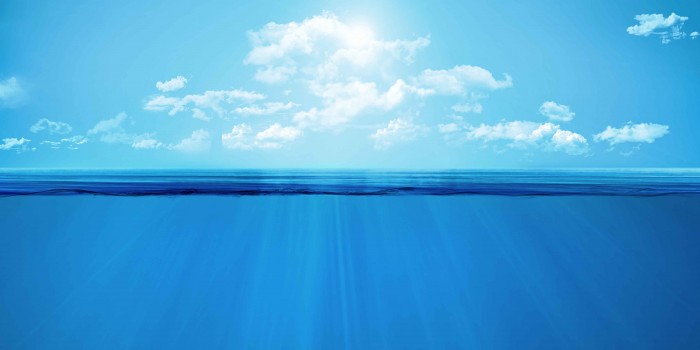
The United States Senate just unanimously passed the Microbead-Free Waters Act, which stops manufacturers from producing any products containing microbeads by 2017 and effectively banning the sale of products that contain any microplastic as of July 1, 2018, nearly 15 years after the first reports of a problem.
This legislation couldn’t come sooner considering an incredible 1.4 trillion plastic microbeads enter US waterways every year!
This Microbead-Free Waters Act is a huge deal, not because the Senate voted unanimously on something, no. It’s a big deal for the government is putting the onus on manufacturers instead of the general public to decrease their environmental impact.
COP21 aside, if only climate action had that kind of unanimity!
![]()
Alternatives

The ban on microbeads (biodegradable alternatives are allowed) doesn’t spell the exfoliation apocalypse for those with a strict beauty regimen.
Leave it to Mother Nature to have better alternatives to anything manmade.
The microbeads found in cosmetic products typically have rounded edges, but naturally occurring exfoliates like rice, coffee grounds, apricot seeds, powdered pecan shells have rougher edges that are much better at removing those layers of dead skin than any microbead.
Since the clampdown on microbeads and inevitable end of microbeads, manufacturers have been coming out with tons of great products containing natural exfoliates, or ridding them entirely from their manufacturing process.
Once 2018 rolls, people can rest assured that any new products they buy will allow them to wash their face, take a shower, and brush their teeth without the added guilt of exacerbating the plastic particle pollution problem! An enormous win for the environment.
![]()
Sources
https://www.sustainablebusiness.com/index.cfm/go/news.display/id/26508
https://www.plasticfreeseas.org/microbeads/
http://www.huffingtonpost.com/2014/02/20/microbeads-exfoliation_n_4815133.html
![]()


